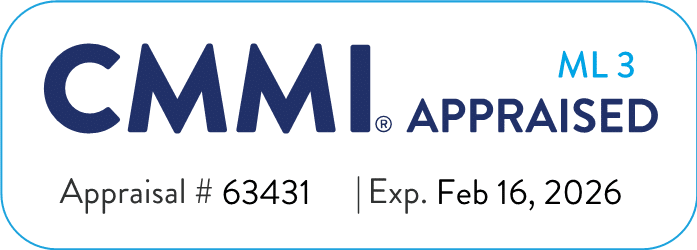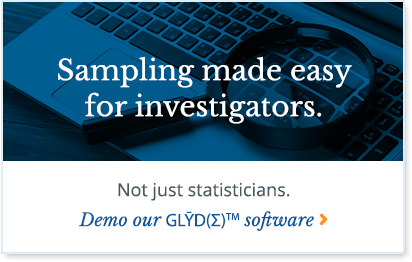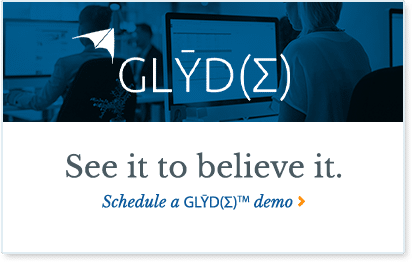In fiscal year (FY) 2015, the error rate for the Medicare fee-for-service (FFS) program was 12.1 percent, or $43.3 billion. This result is an improvement over FY 2014, in which Medicare FFS had an improper payment rate of 12.7 percent, or $45.8 billion.
Identifying Medicare overpayments is no easy task. The Medicare program is large and complex, with many actors involved. Still, Medicare overpayment recovery makes use of some common tools used for ensuring program compliance. Medicare post payment audits and investigations identify overpayments, which in turn leads to Medicare overpayment recovery.
Sampling in Medicare Post Payment Audits
The foundation of successful Medicare post payment audits and investigations is sampling and extrapolation. Medicare post payment audits and investigations require a detailed review of providers’ claims. However, given time and resource constraints, reviewing every claim is not possible. Sampling and extrapolation allow for detailed review without “breaking the bank” resource-wise.
The purpose of sampling when calculating overpayments is to draw conclusions about a population by observing only a portion of that population. The results of the sample are then projected, or extrapolated, to the entire population. To identify Medicare overpayments, samples are used to review claims and determine whether payments were appropriate. Sampled claims typically undergo Medical and coding reviews to determine whether the claims reflect medically necessary services and were properly coded. Those that do not meet requirements become Medicare overpayments.
The results of these claims reviews are extrapolated to the population of claims to identify overpayments made to a provider, a group of providers, or for a benefit overall. Where a sample may identify overpayments of hundreds or thousands of dollars, the extrapolated results may yield overpayments in the millions of dollars, greatly increasing the return on investment on Medicare overpayment recovery efforts.
Learn how we can help you identify overpayments
GLȲD(Σ): A New Method for Calculating Overpayments
Manually performing sampling and extrapolation can take a trained and experienced statistician 7-15 hours. The process is detailed and tedious. When sampling and extrapolation involves overpayments owed to the government, results are often challenged in Administrative Law Judge hearings. These challenges involve picking apart the statistical methodology behind the overpayments, leaving no room for even the smallest errors or inconsistencies. Administrative Law Judges have been known to dismiss overpayments if the appellant can prove an error exists in the sampling or extrapolation process.
Enter GLȲD(Σ). GLȲD(Σ) is a statistical sampling and extrapolation software that allows users at all levels to perform efficient, repeatable, and defendable samples and extrapolations. GLȲD(Σ) takes the manual steps out of the sampling and extrapolation process and performs complex calculations, including calculating overpayments, in just minutes, not hours (which also helps increase return on investment). GLȲD(Σ) is transparent and offers users a consistent and accurate process to produce reliable results. Its sampling and extrapolation methodology was developed in accordance with industry best practices, with those practices having been defended in multiple Medicare and Medicaid overpayment appeals.
GLȲD(Σ) works with data and does not require changes to field names or formats. It allows the user to enter the specifications for the sample or extrapolation and quickly produces results. GLȲD(Σ) is extremely intuitive and makes sampling and extrapolation accessible to a range of users. The software does not require users to have advanced degrees or a knowledge of complex statistics, but it can appeal to users who do. GLȲD(Σ) also produces high-level results perfect for decision makers, detailed workbooks of results for statisticians and analysts, and a summary document describing the methodology for the sample or extrapolation to be included in working papers.
Contact IntegrityM to Schedule a Free Demo
Organizations may have specific sampling or extrapolation requirements and GLȲD(Σ) can be easily customized to fit your organization’s needs. GLȲD(Σ) is a scalable solution that can be installed and used by an organization, but is also available as a software as a service option, supported by IntegrityM’s team of expert statisticians.
For more information on GLȲD(Σ) or to inquire about how you may use GLȲD(Σ) as your statistical analysis software or in Medicare overpayment recovery, contact us online or call (703) 535-1400.











